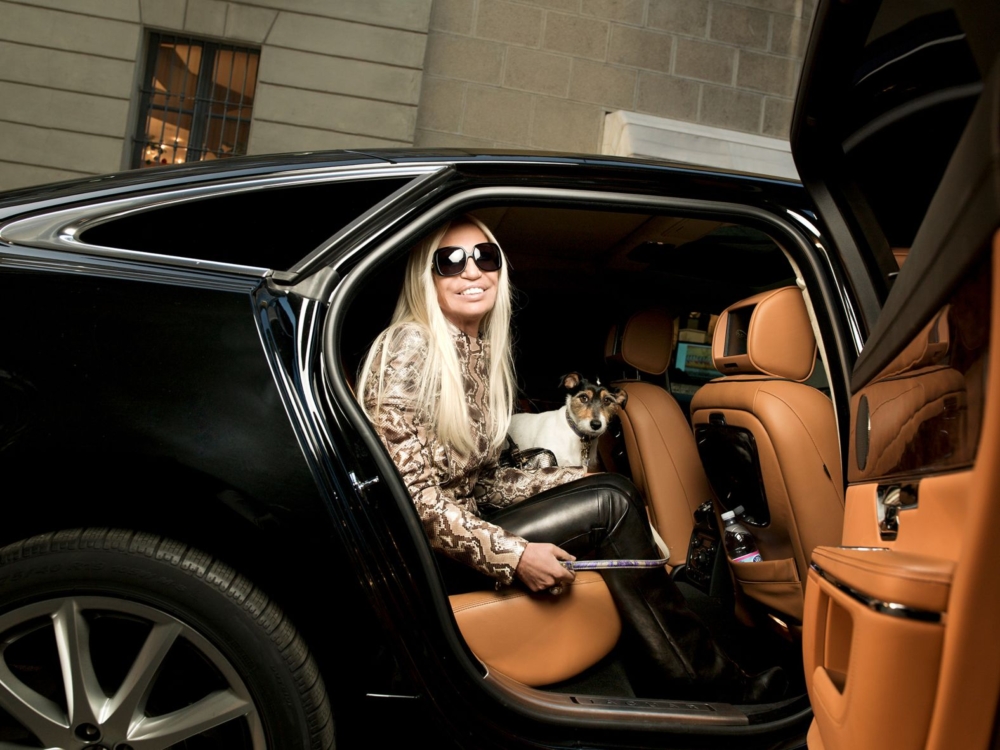On March 13, Donatella Versace announced her departure from her creative director role at Italian luxury maison Versace via Instagram post, and all hell ensued. First came the concurrent announcement of Dario Vitale—the former design and image director of Miu Miu—as the new creative director at Versace. Then, Gucci announced that Demna, the man behind Balenciaga for the past ten years, would be the brand’s new creative director, succeeding Sabato De Sarno, who departed from the brand in February 2025 after a brief tenure.
None of this particularly surprised me, given the ongoing, seemingly never-ending game of creative director musical chairs currently having its moment in luxury fashion. But, upon a closer look at this hiring and firing frenzy, an enigma of gender and race has emerged. One user on X described it most aptly, saying, “I can’t help but notice the sheer number of white men getting these positions,” candidly emphasizing that “there are so many women and poc designers who I would love to see get these life-changing opportunities.” Indeed, in an industry so densely populated with women, where they account for 60 percent of garment workers—almost 80 percent in some areas—the leaders, creative directors, and top decision-makers in luxury fashion, oddly, remain overwhelmingly white and male, at least in the Western hemisphere.
Quiet as it’s kept, women are the lifeblood of luxury fashion and the fodder the industry feeds on to grow itself. As a major economic animal, the industrialized entity of the luxury establishment perpetually nibbles on women’s tastes and spending power to quench its thirst for profitable revenue as much as it deploys the literal bodies and silhouettes of women to the same ends as models and production labour. Women embody canvases on which to display the sartorial art, the mannequins from which to sell the idea of beauty, and the demographic to whom these signifiers of beauty matter most. In that case, the fact that Ms. Versace leaving her eponymous house leaves only nine of the top thirty leading luxury brands with female creative directors should be entirely disturbing.
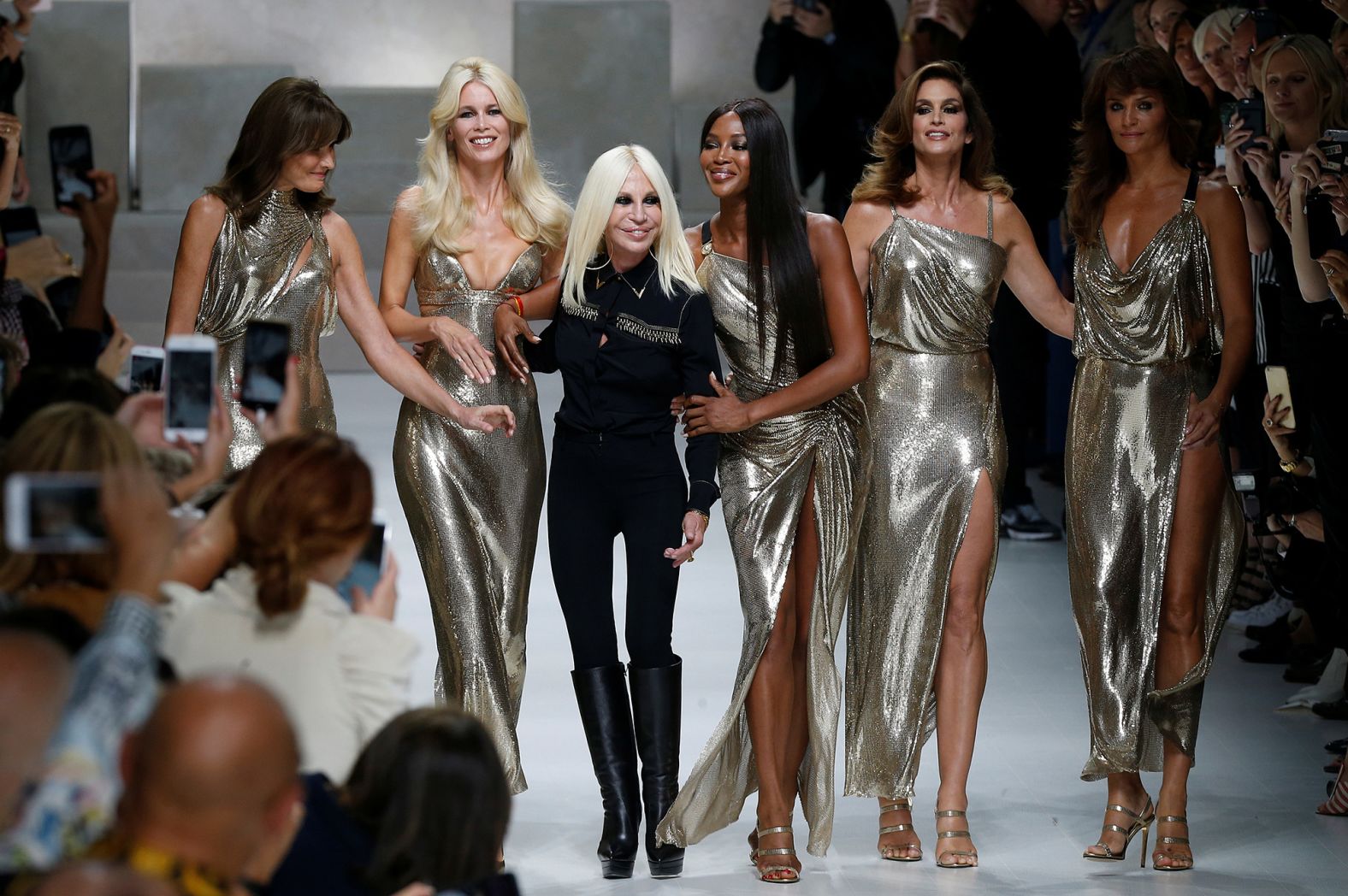
The Illusion of Inclusion
Following the announcement from Versace and the buzz around Vitale’s move, British designer Charles Jeffrey echoed the X user in a video posted on his personal Instagram story, saying, “Honestly can we just enjoy and reflect on Donatella Versace for 24hrs and not have to see another gay man get the big job…There are hardly any amazing women in creative director roles in this industry…” Jeffrey, who is gay and the creative director of his eponymous brand Charles Jeffrey Loverboy, spoke directly to the double irony of women being sidelined in a sector built upon them, a fact he complicated further by emphasizing how this sidelining typically occurs at the intersections of gender and class, seemingly perpetuated by men who’ve been historically culturally sidelined themselves for their sexual orientation. In a story that followed, the Jeffrey said, “They should give Balenciaga to Martine Rose,” daring whoever “they” were to take a chance on another British-Jamaican designer who’s been lauded as “your favourite designer’s favourite designer,” but whose prospects for such easy greatness ultimately suffer from the fact that she’s Black and a woman.
With this knowledge, Jeffrey’s statement about Rose—probably meant in all seriousness—rang with an unfortunately sarcastic edge. From his rudely self-aware tone against the prospect of “another gay man” getting a creative director role as a gay man himself, one also got the impression that he spoke against a conscious exploitation of the male privilege often not seriously considered among queer men brought up in a masculine Western culture. Even so, at this intersection, too many remain oblivious of the fact that creative directors are ‘given’ and ‘handed’ these roles by people who lord over and outrank them in the business rather than the art of fashion. In that sense, male creative directors may be unable to help the fact that they are privileged, but the same does not apply to the businessmen who own these brands or the shareholders whose satiety creative directors must maintain by making clothes that sell, often at the expense of their artistic vision.
Perhaps it’s not that queer men keep taking jobs women are just as if not more qualified for—although by not speaking against it, they arguably comfortably perpetuate the pattern—it’s that the minds behind the musical chairs structure the fashion game itself to visibly exclude these women’s contributions. At this point, we must acknowledge the Western world’s historically male-dominant business mind. Beneath the feminine veneer of fashion, men predominantly own the brutal business. It’s a dynamic traceable as far back as the death of the European feudal system at the dawn of industrialization.
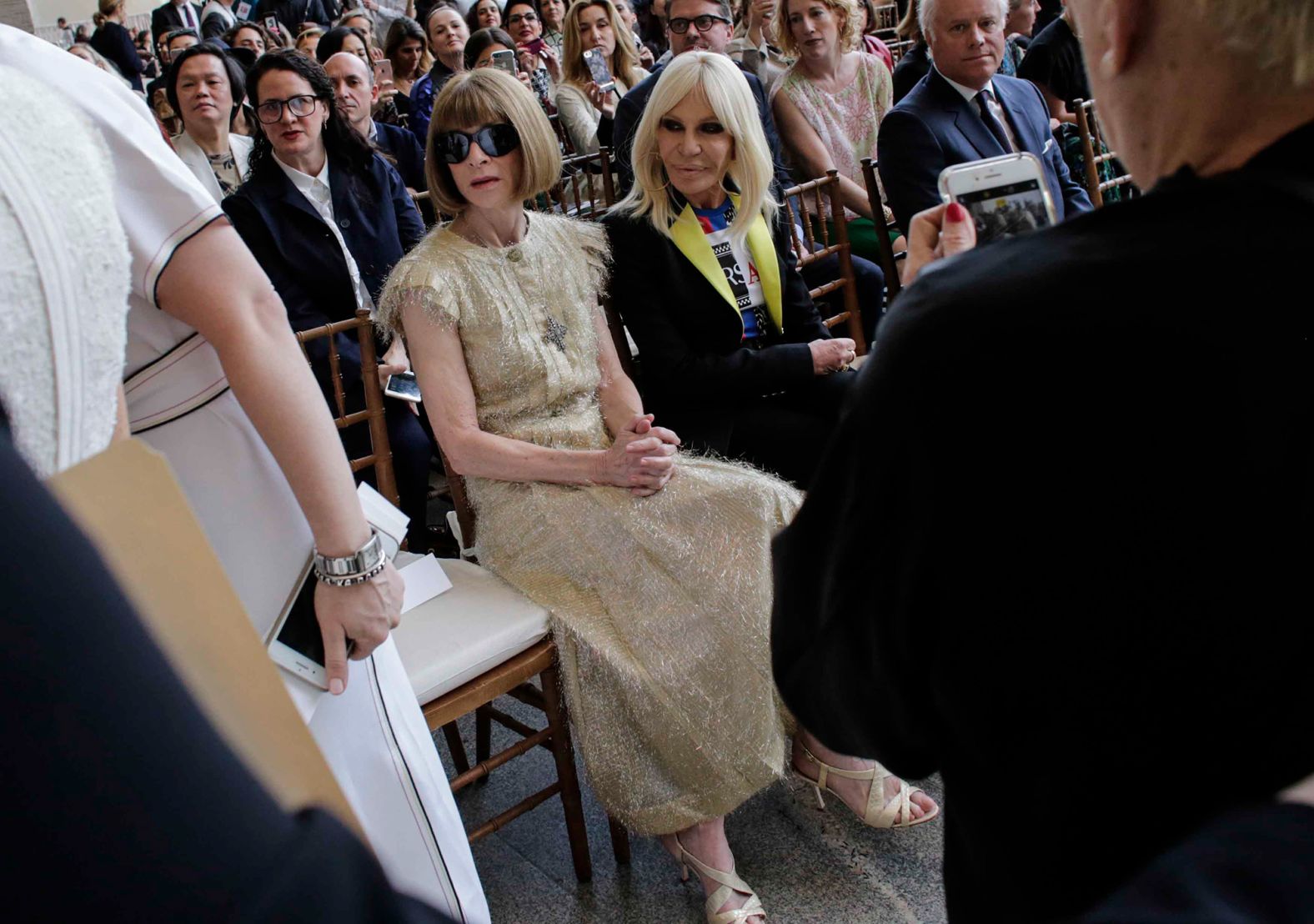
Fashion’s Monopoly of Men
In her book Fashion: A Manifesto, Anouchka Grose explains that fashion as a commercial industry began with former servants and labourers setting up clothing businesses that threatened and competed with the exclusive status of aristocratic taste makers. As industrialization blurred class boundaries to create a democratization of style, wealth—rather than lineage—became the key to social mobility, allowing anyone with financial success to redefine their status that way. Unsurprisingly, in a world built by men for men, they got first pick in the fashion industry and benefited the most from these developments, building capital through a culture that respected them, their wealthy social networks, their commercial growth and their money.
Currently, men from such humble beginnings run the parent companies that own your favourite fashion houses. Look at François-Henri Pinault, chairman and CEO of Kering, which owns brands like Gucci, Saint Laurent, Bottega Veneta, and Balenciaga, and LVMH chairman and CEO Bernard Arnault, who practically owns 75 maisons across six different sectors, including fashion, jewellery, and cosmetics. Where is the accountability for them? Surely, they must bear some responsibility for the exclusion of women, too?
If the eastern hemisphere can thrive with creative directors like Rachel Lim at Love, Bonito and Patty Ang at Patton, and entrepreneurs acting within luxury fashion like Mona Patel, the only thing holding the Western luxury establishment back is its own old, obsolete misogyny. Many successful women creative directors exist as independent brands. Think Mowalola, Marine Serre, and Nensi Dojaka—even Phoebe Philo, whose eponymous brand receives independent financial support from LVMH. Without enough financial backing or trust in the ideas of women who best understand what women want, such independent brands can only go so far. If fashion champions reinvention, we cannot be afraid to break the wheel and remould it; unless, of course, it’s all about the numbers. Now, as then, fashion appears to be a cock fight draped in couture, where by and large, male owners compete for market power through mostly men creative directors and designers, who compete in artistic power through women and models, who compete amongst each other in pursuit of beauty and fame.
Whatever the facts, the fashion industry certainly seems to trust women more as figures seen on runways, billboards, and magazines rather than voices to be heard in the leadership spaces where all that revenue collects before it is flung out again in the business cycle.
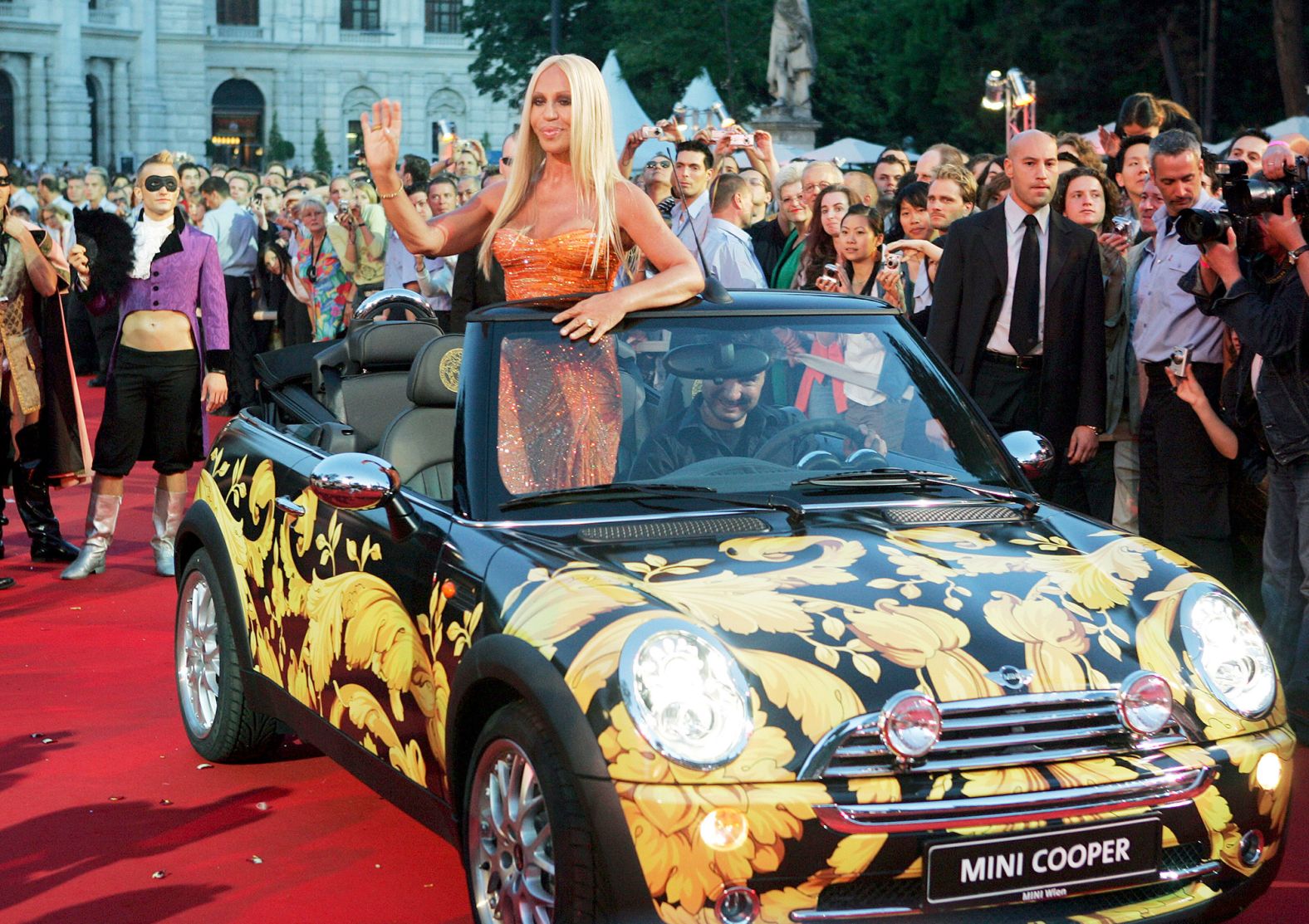
Women: The Invisible Architects of Fashion
In another Instagram story from the day Versace announced Donatella’s resignation, the Charles Jeffrey Loverboy creative director cited that even where many women occupy senior roles in major fashion companies, the industry hardly acknowledges their contributions or makes these women visible to a culture so dependent on their gifts. “Let’s talk to the fucking chief marketing officers, the PRs, the business strategists, the heads of studio, the heads of atelier,” he said, “They may not want to be on camera, but they have something much more important to say than what a fucking jacket was inspired by.”
The panic around Ms. Versace stepping down, therefore, is only reasonable because of the problem it signifies: an industry—sneakily dominated by men—which does not believe in women enough to invest in them or their ideas as it does for its male creative directors. It doesn’t matter if the brand’s identity literally flows through their veins, as in Donatella’s case. John D. Idol, the CEO of Capri Holdings—which owns Versace, Michael Kors, and Jimmy Choo—described her move as a deliberate step in a “well-planned succession strategy.” In an article published the day Versace announced Donatella’s step-down, Vanessa Freidman, the fashion director and chief fashion critic at The New York Times, also reported that “The change comes as Capri is considering the sale of Versace after the Federal Trade Commission blocked an attempted merger with Tapestry, the owner of Coach and Kate Spade.” Friedman further detailed that “Prada currently has an exclusive bidding window on the brand.”
Donatella Versace and the Cost of Power in Fashion
It all contaminates what should otherwise be a benevolent exit for Ms. Versace with questions. The brand clearly struggled with its health. Since Capri acquired Versace in 2018 for $2.1 billion, Friedman reported its failure to “fit comfortably” into the American group, noting sales declining. One wonders what unseen forces drove the creative director’s decision to leave her present role to become Versace’s chief brand ambassador, an “honorary role” comprising red carpets and philanthropy. Did she want a break, or was the break thrust upon her in the name of saving the business that her brother started? How much was the decision to leave driven by pressure from unhappy shareholders? Is it any surprise that the new creative director formerly worked at Miu Miu, Prada’s sister brand, whose revenue grew by an astonishing 97.3 percent in 2024 during a period of consumer uncertainty and industry slow-down? Doesn’t it make sense that currently, Prada, finds itself perfectly positioned to buy Versace into its sisterhood?
With this dull truth, the diatribes about gay creative directors exploiting their privilege to take women’s jobs lose their power against the fact that most of these men find themselves equally trapped under the pressures of capitalist enterprise, as Ms. Versace seems to have been. From this point, the question must move beyond ‘us versus them’ to ‘us, together, versus them,’ the gatekeepers of the wealth that owns the fashion industry.
Donatella inherited the brand after her brother Gianni Versace’s murder, and for almost thirty years, she’s worked the house to its present vivacious esteem. Surely, she deserves to retire in peace if she wants to. Maybe Donatella was just tired—but if fashion insists on continuously erasing the very women who define it, then it’s only proving what we’ve known all along: the industry loves women, just not in power.
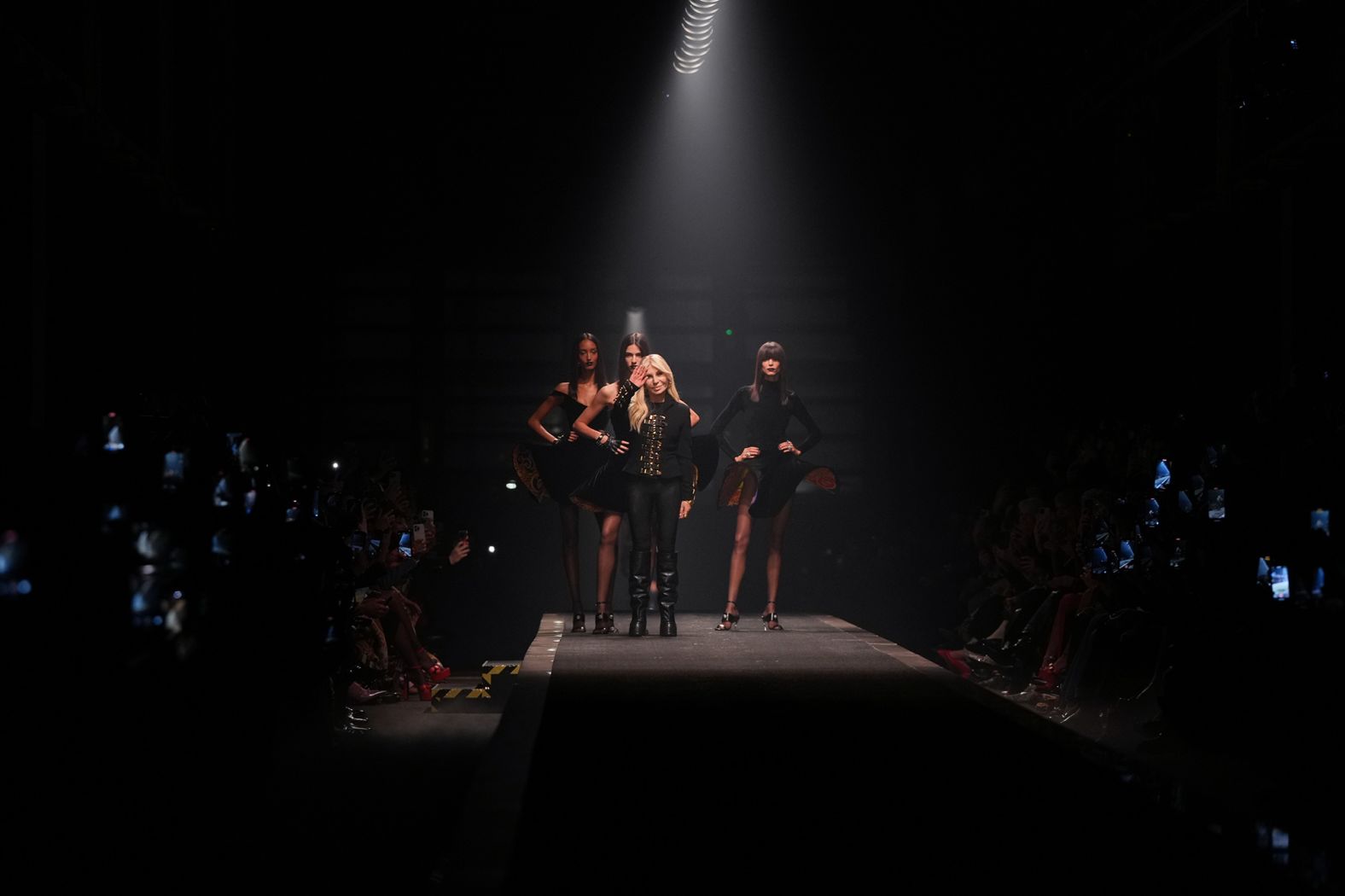
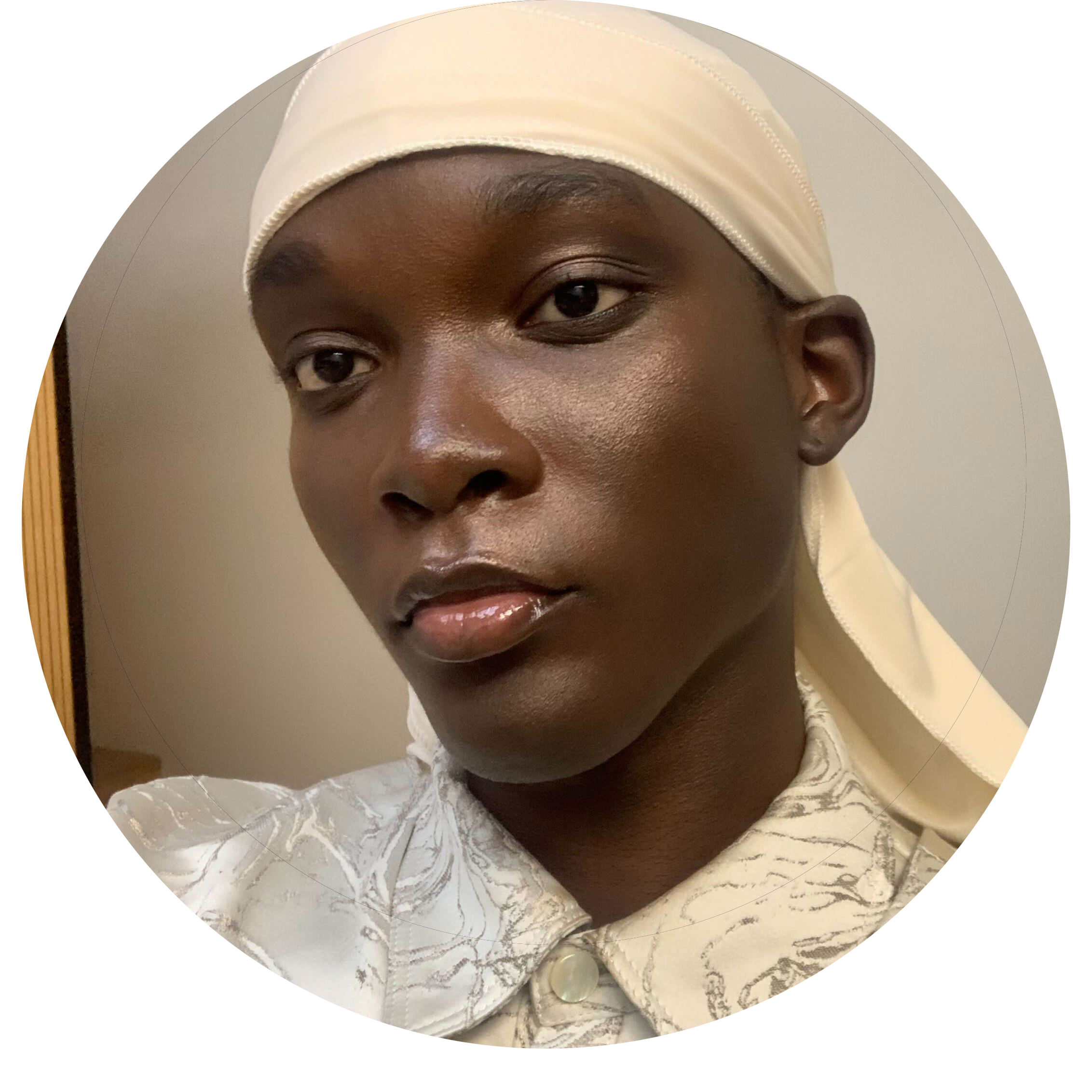 Jonathan Divine Angubua is currently finishing his undergraduate studies at the University of Toronto. He enjoys any interesting art and is always looking for great book recommendations. As a writer and lover of fashion, he is most inspired by strangeness and beauty.
Jonathan Divine Angubua is currently finishing his undergraduate studies at the University of Toronto. He enjoys any interesting art and is always looking for great book recommendations. As a writer and lover of fashion, he is most inspired by strangeness and beauty.

